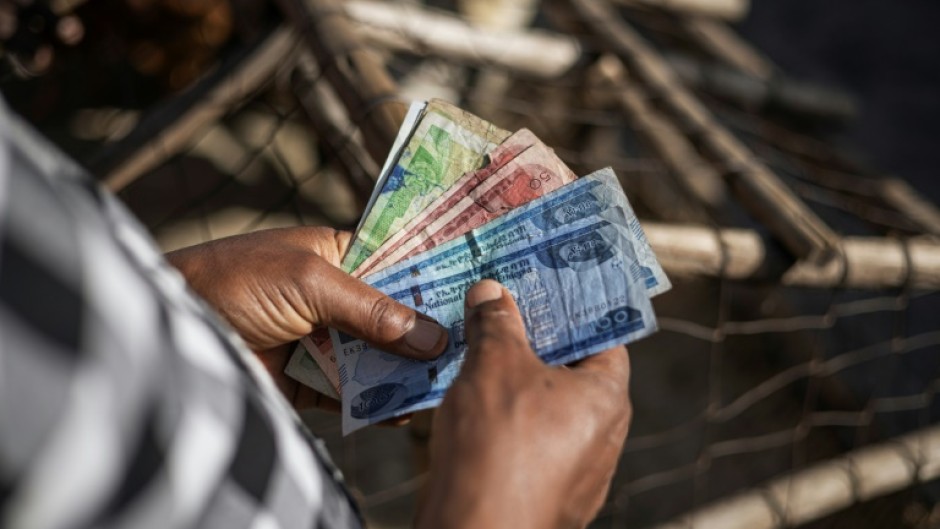ADDIS ABABA - Cash-strapped Ethiopia eased foreign exchange curbs on Monday as part of a broad economic reform package as the International Monetary Fund approved a loan to the Horn of Africa nation seeking a multibillion-dollar bailout.
The value of the local currency, the birr, plunged by around 30 percent after the move by the country's central bank.
"The reform introduces a competitive market-based determination of the exchange rate and addresses a long-standing distortion within the Ethiopian economy," the National Bank of Ethiopia (NBE) said in a statement.
Africa's second most populous country is pinning its hopes on a rescue package of at least $10.5-billion from external lenders including the IMF, but negotiations have been long and fraught.
The IMF board on Monday approved a four-year loan programme worth around $3.4-billion to support the reforms, with around $1-billion immediately disbursed.
"This a landmark moment for Ethiopia" and the loan is a testament to the country's "strong commitment to transformative reforms", IMF Managing Director Kristalina Georgieva said in a statement.
Analysts had said the IMF was demanding several reforms of Ethiopia's state-controlled economy, including floating the currency, in order to unlock the funding.
Battered in recent years by several armed conflicts, the Covid pandemic and climate shocks, the country has about $28-billion of external debt and is grappling with sky-high inflation at around 20 percent and a shortage of foreign currency reserves.
Under the shift to a market-based exchange rate regime, the NBE said "banks are henceforth allowed to buy and sell foreign currencies from/to their clients and among themselves at freely negotiated rates".
The central bank would, it said, make "only limited interventions to support the market in its early days and if justified by disorderly market conditions".
After the announcement, the leading Commercial Bank of Ethiopia, which is wholly owned by the state, said the US dollar was buying 74.73 birr, compared to 57.48 on Friday.
Ethiopia has a highly active black market for currency trading, with the value of the birr at about half of the previous official rate, which used to be set daily by the NBE.

